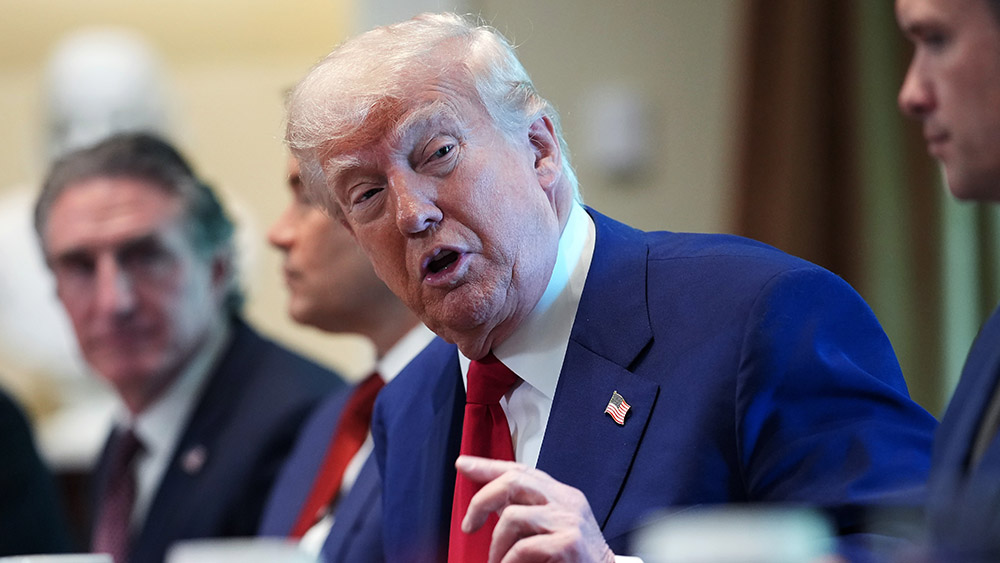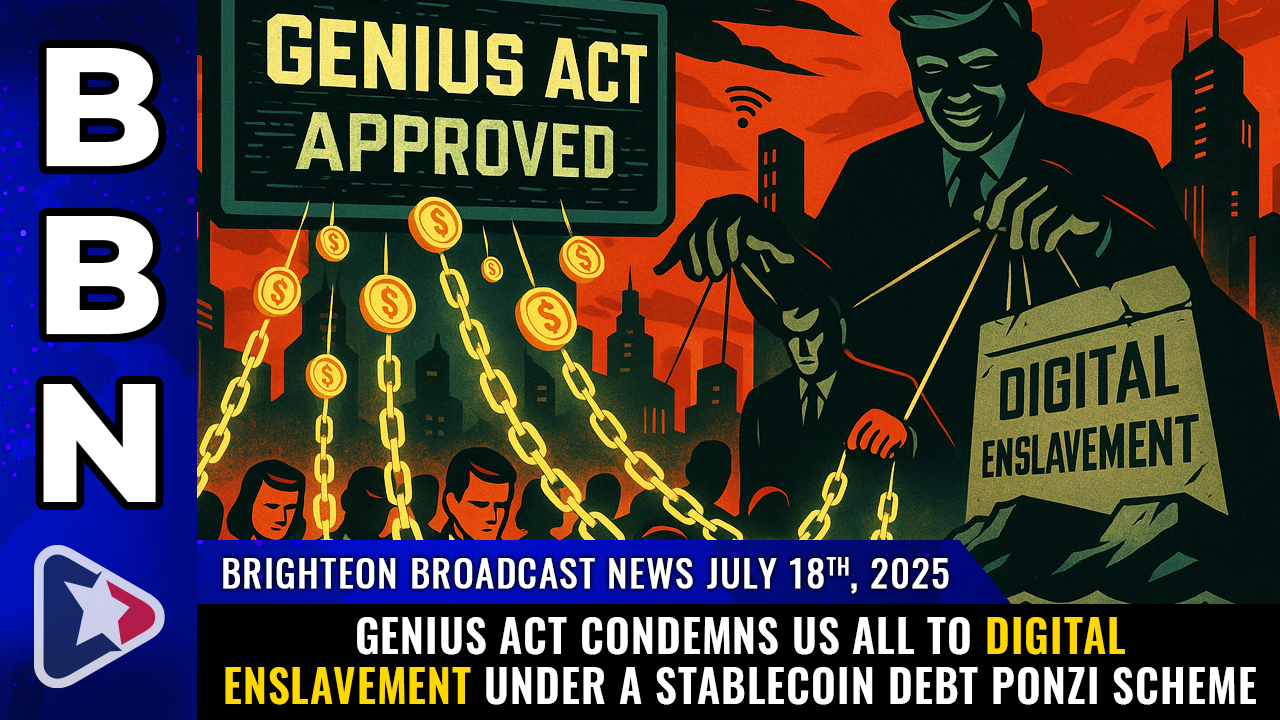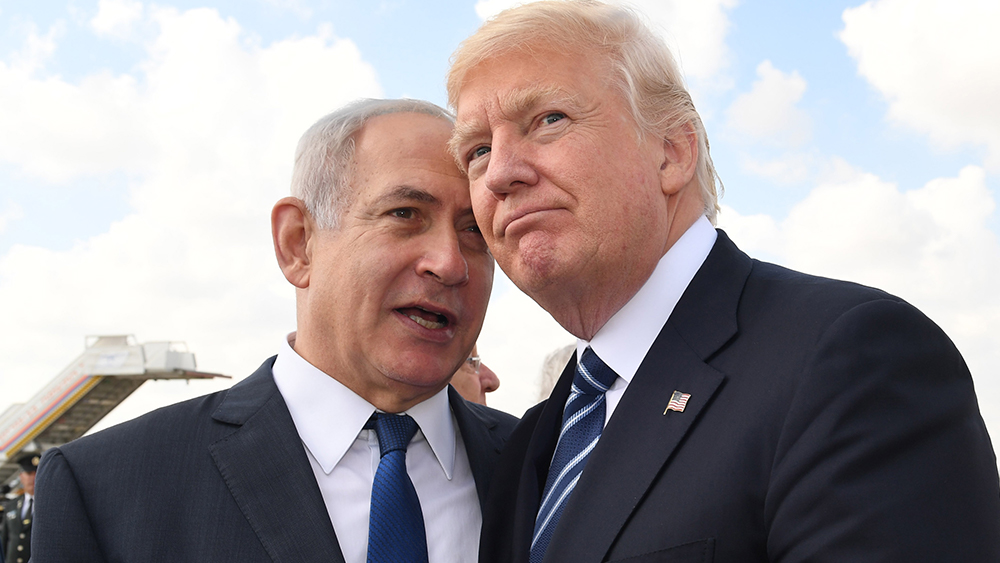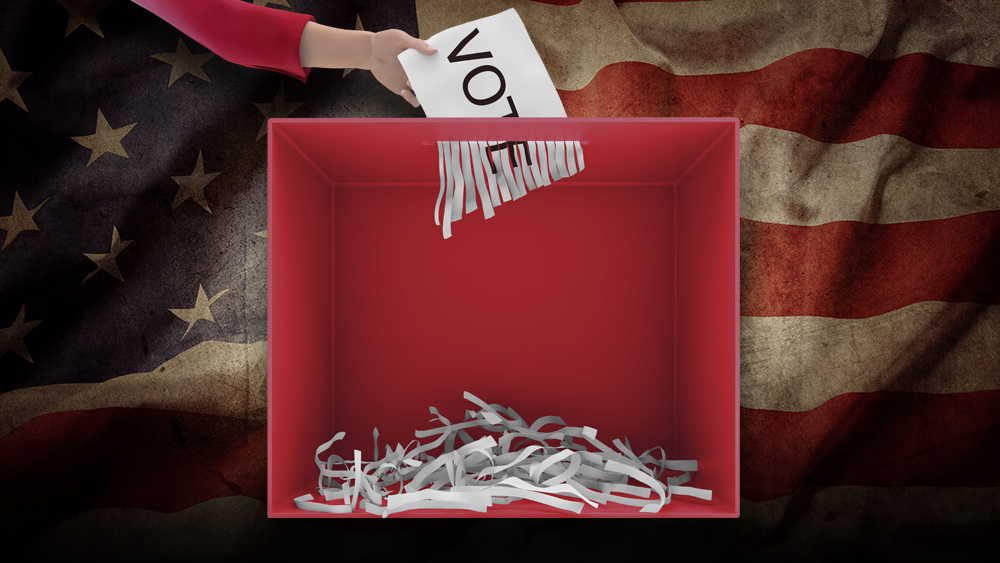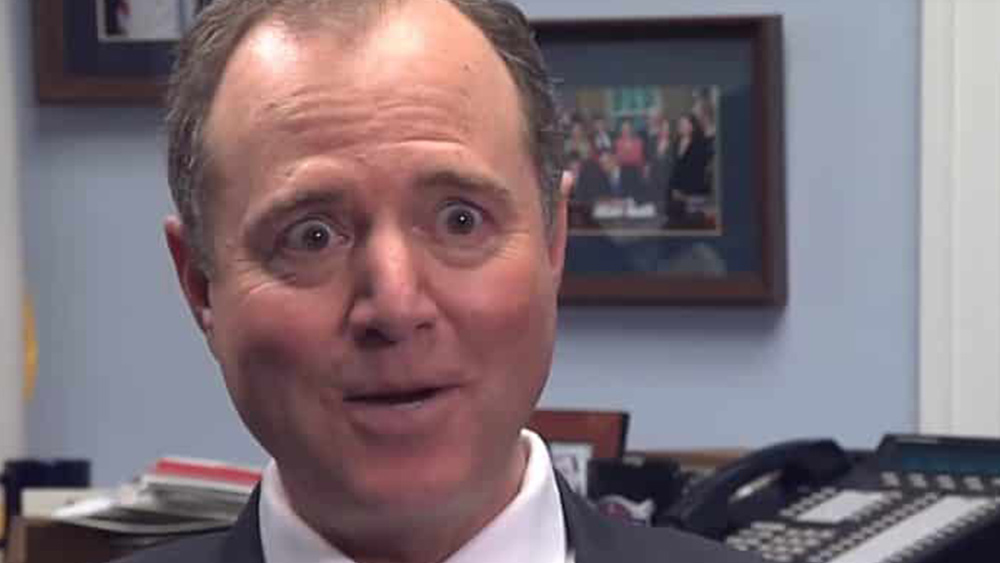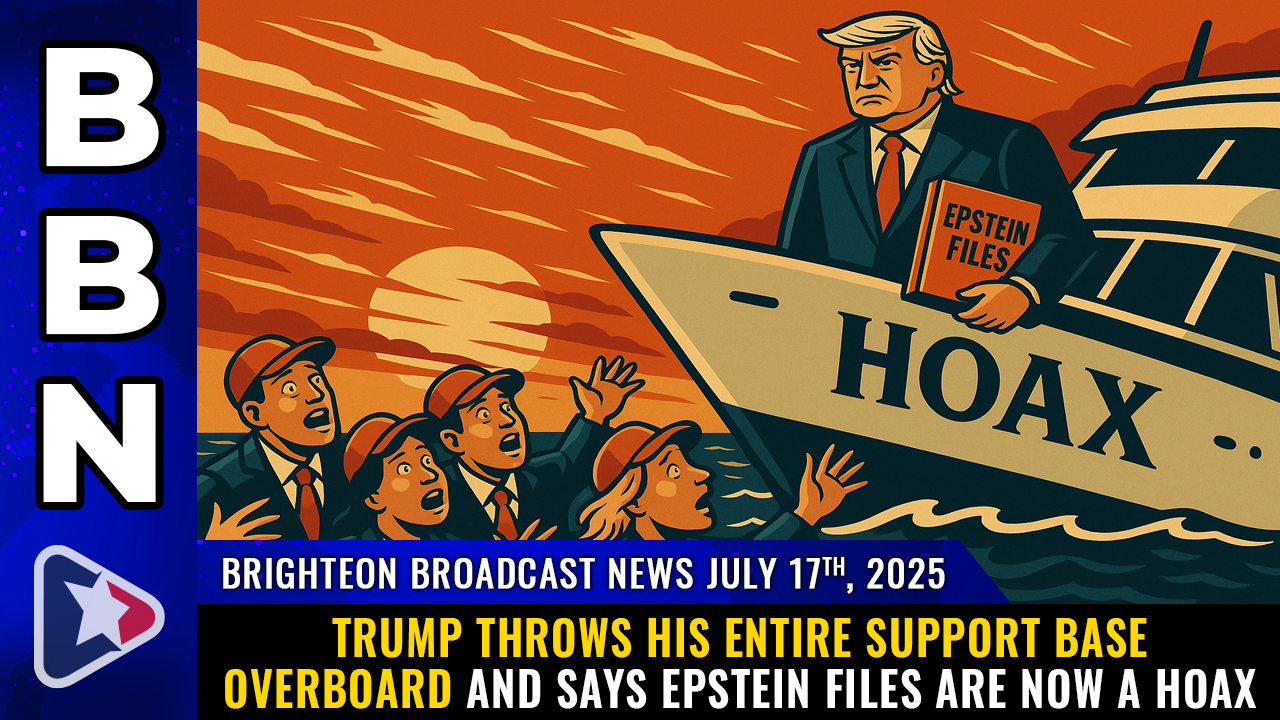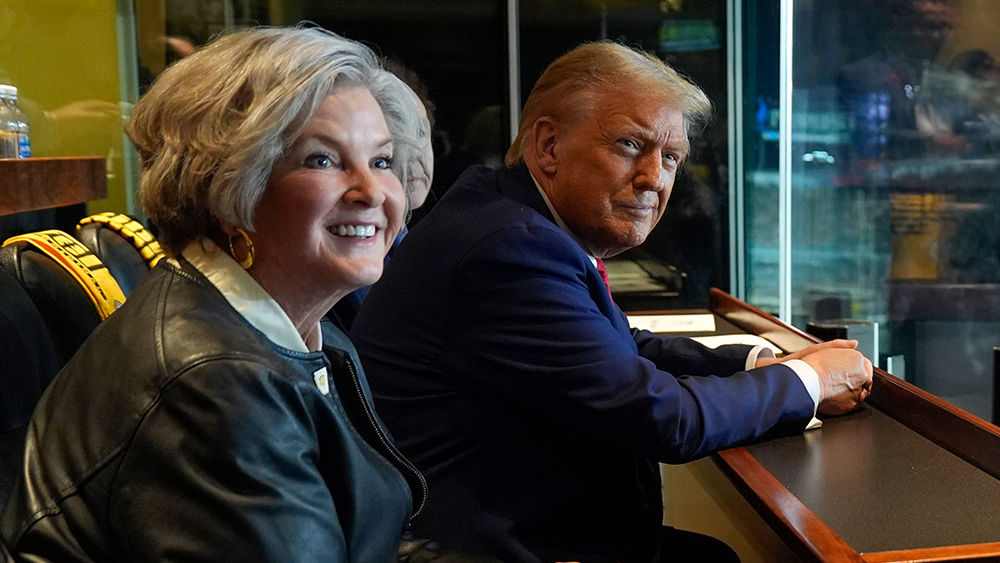Covert influence unveiled: U.K. government funds YouTube stars to shape global narratives
07/18/2025 / By Willow Tohi

- The U.K. government secretly funds international YouTube influencers to promote foreign policy messages under non-disclosure agreements (NDAs).
- Zinc Network, a London-based firm, manages covert campaigns in 22 countries, including allegations of election interference in Slovakia.
- Influencers are barred from disclosing ties to the U.K. Foreign Office, sparking accusations of modern-day propaganda.
- Tactics mirror Cold War-era disinformation strategies like the Information Research Department.
- Legal experts highlight breaches of advertising standards and democratic transparency.
A three-year investigation by Declassified UK has uncovered a covert British government program that financially supports foreign YouTube influencers to spread pro-U.K. foreign policy narratives. The operation, orchestrated by the Foreign, Commonwealth & Development Office (FCDO) and managed by London-based contractor Zinc Network, channels £9.45 million annually to amplify content in 22 countries, including the Baltics, Balkans and Slovakia. The campaigns, disguised as grassroots movements, claim to “counter disinformation” and “strengthen democracy” but operate under strict secrecy, with influencers required to sign NDAs and submit posts to pre-publication reviews by U.K. officials.
Zinc Network’s playbook: Tailored content and controlled messaging
Zinc Network, led by former Conservative Party strategist Scott Brown and ex-BBC producer Robert Elliott, recruits “relatable influencers” on platforms like YouTube and Facebook to disseminate state-approved content. The firm’s 2023 campaign in Slovakia, for instance, targeted youth voters with anti-nationalist messaging, damaging support for the pro-Russian Smer party led by Robert Fico. An anonymous former Zinc employee described the strategy as “state propaganda,” alleging the firm’s work directly shaped electoral outcomes.
Declassified’s leaked documents reveal Zinc actively sought influencers “unknown to governments” to maintain plausible deniability. FCDO’s oversight extends to editing guidelines, including “gender sensitivity” and “strategic alignment,” though officials deny revealing taxpayer funding details to protect “partners.” Zinc’s job listings, however, openly admit intentions to “shape edits and narrative collaborations,” contradicting claims of editorial independence.
Ethical and legal crossroads: NDAs, transparency and historical parallels
The program faces intense criticism for violating U.K. advertising rules, which mandate disclosure of paid promotions. Zinc’s videos, by contrast, obscured sponsorship ties to appear “authentic,” with influencers often unaware of their links to Whitehall. Even Zinc’s own GMB trade union filed a complaint, alleging employees were kept in the dark about their role in crafting state propaganda.
Critics highlight eerie parallels to the Cold War-era Information Research Department (IRD), a secret FCDO unit that from 1947–1977 covertly influenced global media to undermine Soviet interests, often through compromised journalists. Historians argue today’s tactics reflect the same logic: masking geopolitical agendas as “neutral” democratization efforts.
The policy paradox: Democracy vs. covert manipulation
Defending the initiative, Foreign Secretary David Lammy insists it is necessary to counter “Russian-driven disinformation.” Zinc claims its campaigns expose Russian aggression, particularly amid the Ukraine war, and insists its work aligns with local voices opposing “extremist narratives.”
Yet the program’s implications challenge democratic principles. When governments fund content while suppressing transparency, they erode public trust — both domestically and internationally. Former FCDO staffers warn that covert campaigns risk normalizing the “disinformation” the program claims to combat.
The perils of covert social manipulation
The U.K.’s reliance on hidden social media operations highlights a dangerous contradiction: In seeking to “defend democracy” by controlling global narratives, the government undermines the transparency essential to democracy itself. Like its Cold War predecessor, the IRD, today’s tactics prioritize strategic control over open discourse, blurring lines between government influence and free expression. As Zinc’s contracts expire, policymakers must grapple with whether the cost of censorship is acceptable for a nation that purports to champion truth.
Sources for this article include:
Submit a correction >>
Tagged Under:
bias, big government, Big Tech, Collusion, computing, conspiracy, corruption, cyber war, deception, deep state, disinfo, Glitch, globalists, information technology, insanity, media fact watch, propaganda, real investigations, Social media, Suppressed, Tyranny, You Tube
This article may contain statements that reflect the opinion of the author
RECENT NEWS & ARTICLES
COPYRIGHT © 2017 CONSPIRACY NEWS

